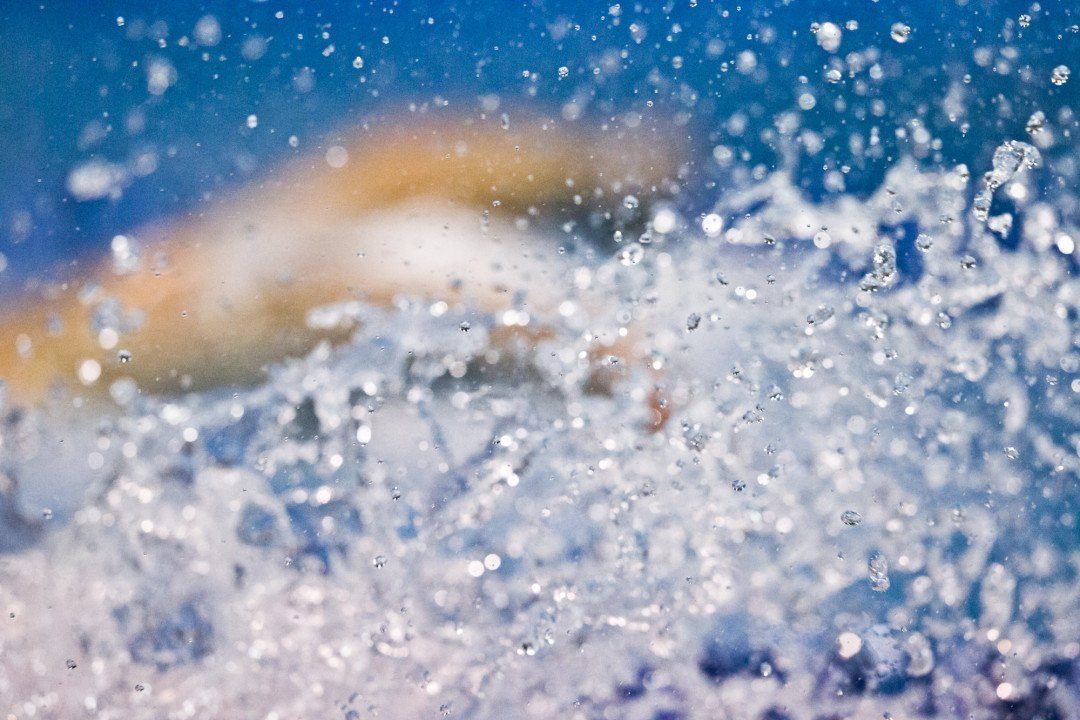The Russian Swimming Federation (known as WWF) announced last week that it will be adding an extra layer to its doping control policy as the country tries to move forward from a string of high-profile suspensions and doping control violations.
The new addition is explained in moderate detail in this interview on the Russian Federation’s website. It’s based very heavily on acquiring biochemical and hematological data on Russian athletes, then testing them at competition time to see if various chemicals and hormones in their bodies fall into their expected parameters.
If an athlete’s readings have fluctuated significantly from their projected range (based on the original data collected), the Federation knows to look closer into that athlete to either find a plausible explanation for the change or test the athlete further for performance enhancing substances.
The interview is with Professor Valery Gavrilovic Barchukov, and he makes sure to emphasize that this doesn’t in any way serve as an alternate test that could replace the “RUSADA” system, the current doping control program for all of Russia. This new wrinkle would appear to be merely a way for the Federation to better police itself.
In theory, more methods for self-policing should help the federation avoid an international suspension, which Russia’s sports minister warned could be a consequence of continued violations. FINA could suspend an entire member federation if FINA catches 4 or more of its athletes in doping violations that aren’t first reported by the federation. Russia had one such violation with Yuliya Efimova‘s 16-month suspension, so the country is looking for more ways to catch its own violating athletes early, before they can do international damage to the federation as a whole.
The program also includes an educational component to try to preemptively stop athletes from doping. That was the tact of the World Anti-Drug Administration’s latest effort as well, an online course called ALPHA.
